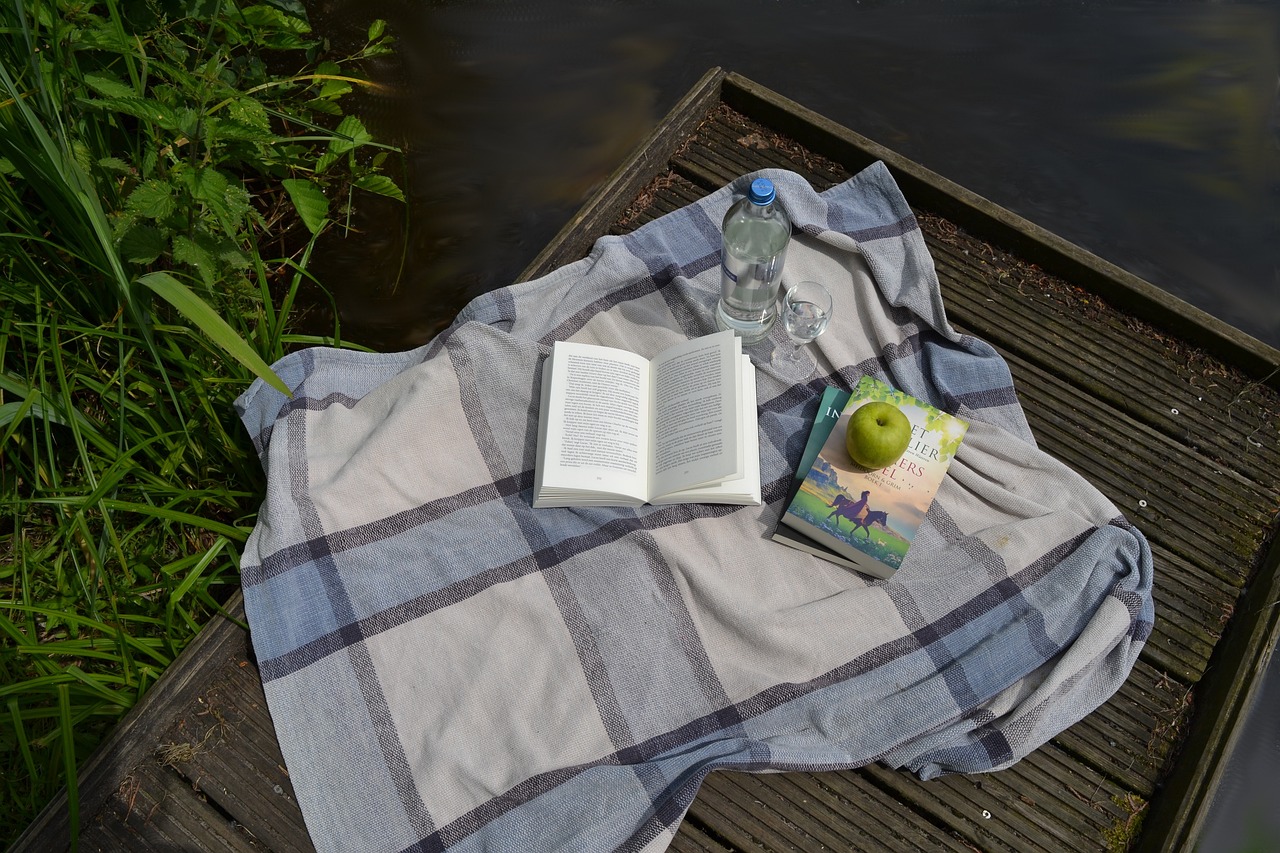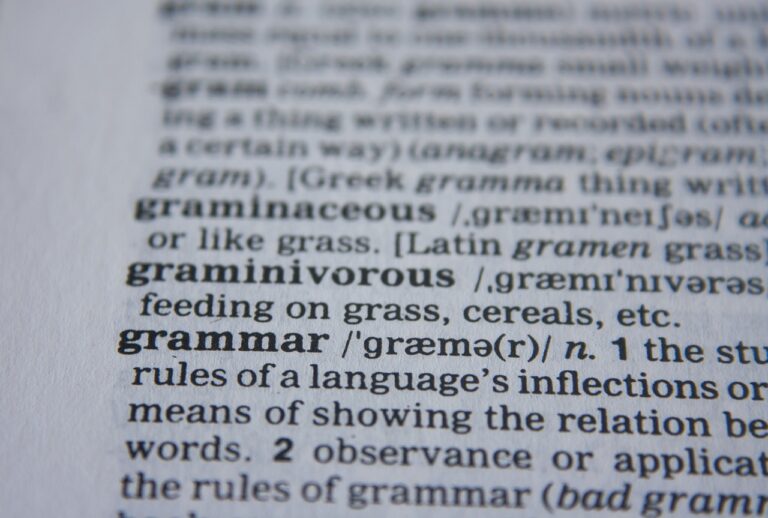Promoting Positive Peer Relationships Through Cooperative Learning Opportunities: 11xplay online id, India24bet login, Skyinplay
11xplay online id, india24bet login, skyinplay: Promoting Positive Peer Relationships Through Cooperative Learning Opportunities
Hey there, fellow educators! Today, I wanted to chat with you about the importance of promoting positive peer relationships through cooperative learning opportunities in the classroom. As we all know, building strong connections between students can lead to a more inclusive and supportive learning environment. By fostering collaboration and teamwork, we can help students not only succeed academically but also develop essential social skills that will serve them well in the future.
Here are some tips on how to create cooperative learning opportunities that promote positive peer relationships:
Encourage Group Work: Instead of always having students work independently, try incorporating group projects and activities into your lesson plans. This allows students to interact with their peers, share ideas, and learn from one another.
Assign Roles: When working in groups, assign specific roles to each student to ensure equal participation and collaboration. For example, you can have a discussion leader, a note-taker, a timekeeper, and a presenter within each group.
Provide Clear Expectations: Make sure to communicate clear expectations for group work, including guidelines for communication, decision-making, and conflict resolution. This will help students understand their responsibilities and work together more effectively.
Celebrate Success: When groups successfully complete a project or activity, take the time to recognize and celebrate their accomplishments. This positive reinforcement can motivate students to continue working together and supporting one another.
Encourage Peer Feedback: Encourage students to provide constructive feedback to their peers during group activities. This not only helps improve the quality of work but also fosters a culture of support and collaboration.
Facilitate Group Discussions: Create opportunities for students to engage in group discussions about various topics. This allows them to practice active listening, critical thinking, and respectful communication skills.
By incorporating these strategies into your teaching practices, you can help promote positive peer relationships and create a more inclusive and supportive learning environment for your students.
—
FAQs
Q: How can I deal with conflict that arises during group work?
A: Conflict is a natural part of working in groups. Teach students strategies for resolving conflicts, such as active listening, compromise, and seeking help from a teacher when needed.
Q: What if some students are not comfortable working in groups?
A: Be mindful of individual student needs and provide alternative options for those who may prefer to work independently. Encourage students to step out of their comfort zones gradually.
Q: How can I assess the effectiveness of cooperative learning in my classroom?
A: Monitor student participation, engagement, and collaboration during group activities. Collect feedback from students about their experiences and adjust your approach as needed.
I hope these tips and strategies inspire you to create more cooperative learning opportunities in your classroom. Together, we can help students build positive peer relationships and thrive academically and socially. Happy teaching!







